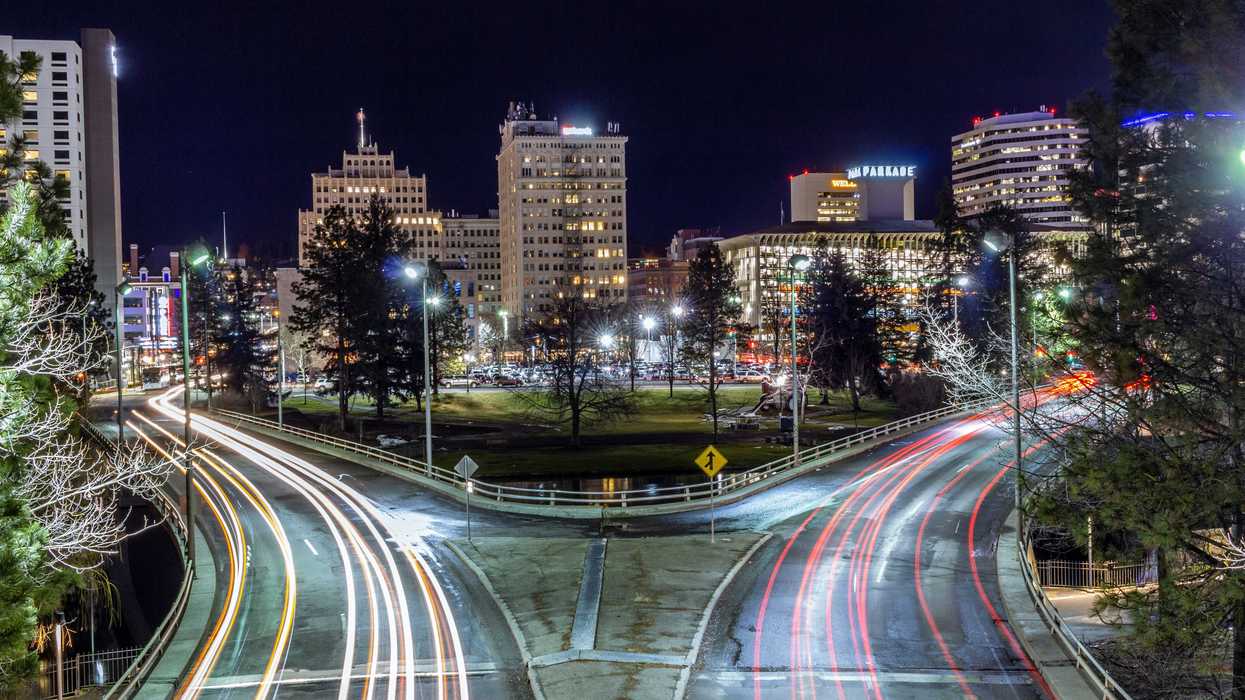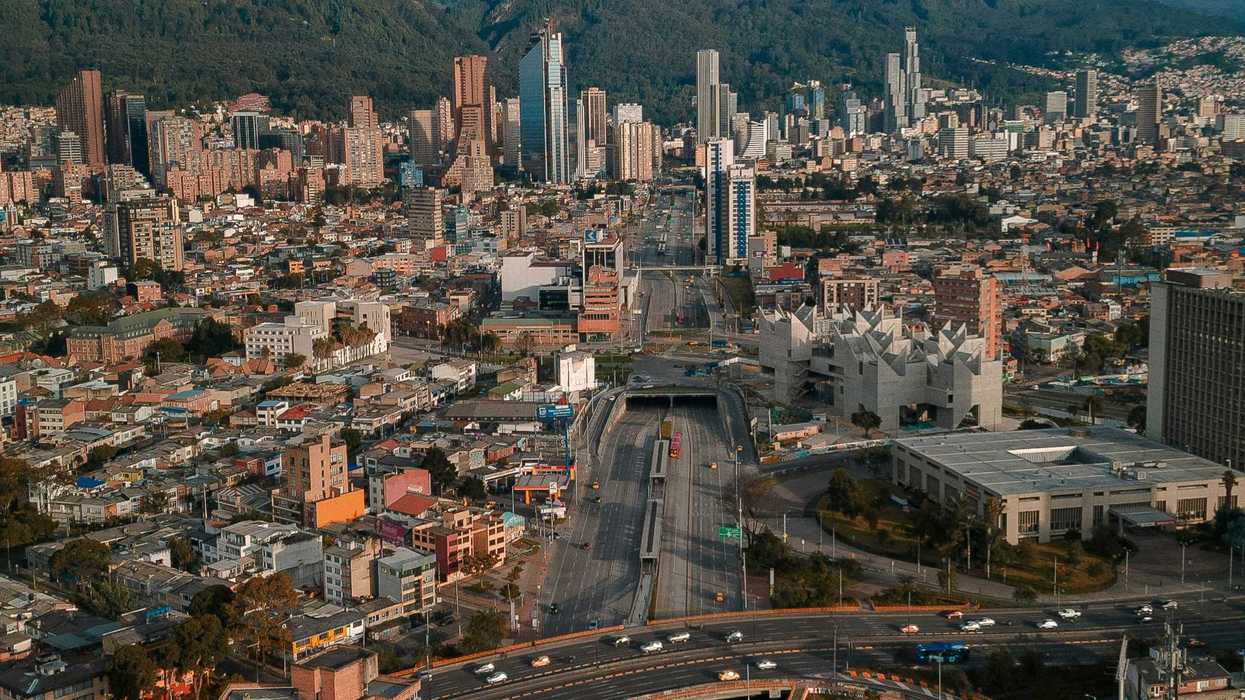Alaska's aging prisons face climate challenges, prompting advocates to call for reducing incarceration as a key strategy for climate mitigation.
Jess Zhang reports for The Guardian.
In short:
- Alaska's correctional facilities, built on unstable land, face increased structural challenges from climate change impacts like flooding and thawing permafrost.
- Environmental advocates argue that investing in prison infrastructure is unsustainable and propose decarceration to reduce financial and environmental burdens.
- Alaska has a high per capita incarceration rate, and efforts to expand prison facilities have drawn criticism from those who see reducing the prison population as a better path forward.
Key quote:
"The damage of climate change in Alaska is very obvious and it does not exclude our prisons."
— Megan Edge, director of ACLU of Alaska’s Prison Project
Why this matters:
Alaska's rising temperatures and unpredictable climate pose significant threats to infrastructure, making sustainable prison reform urgent. Advocates argue that focusing on reducing incarceration can alleviate pressure on the environment and state budgets.
Related coverage:














